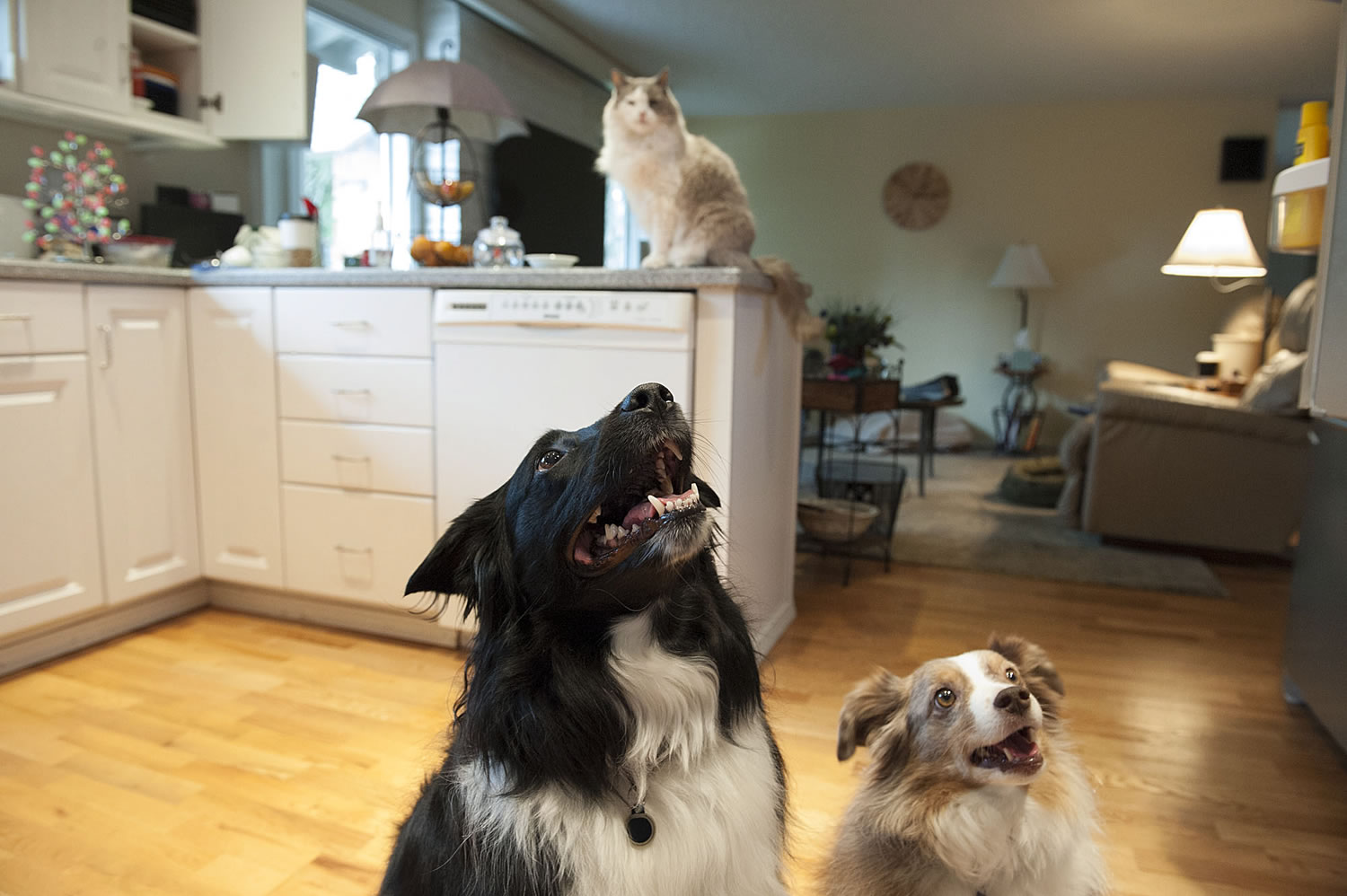Licensing your pet has many benefitsIt’s important to license your pets, even if it isn’t mandatory.
When pets are licensed, it’s more likely lost animals will be united quickly with their owner. They receive longer care periods at shelters, and they are transferred to an emergency medical care facility if they’re found with an injury.
All cats and dogs older than 8 weeks, within county limits, the city of Vancouver and Yacolt, are required to be licensed.
The fine for having an unlicensed dog or cat is $100 per animal. If an owner who receives a citation licenses the animal within 10 business days, the fine will be reduced by half. However, a second fine will cost $200, a third will cost $400 and failing to pay a fine could lead to a lien against the owner’s property.
Licensing fees are required for pets older than 6 months and are valid for a year.
It’s $20 to license a fertile cat and $10 for an altered cat. The fee for a fertile dog is $40 and $16 for an altered dog. It’s free to license cats and dogs 8 weeks to 6 months of age.
People with limited income can receive assistance with pet license fees, but only one dog and one cat per household may qualify. Pets must also be spayed or neutered.
Individuals older than 65 receive 50 percent off license fees for one spayed or neutered dog and cat per household.
License fees help fund spay and neuter programs and officer’s responses to neighborhood complaints.
— Information courtesy of Clark County Animal Control




